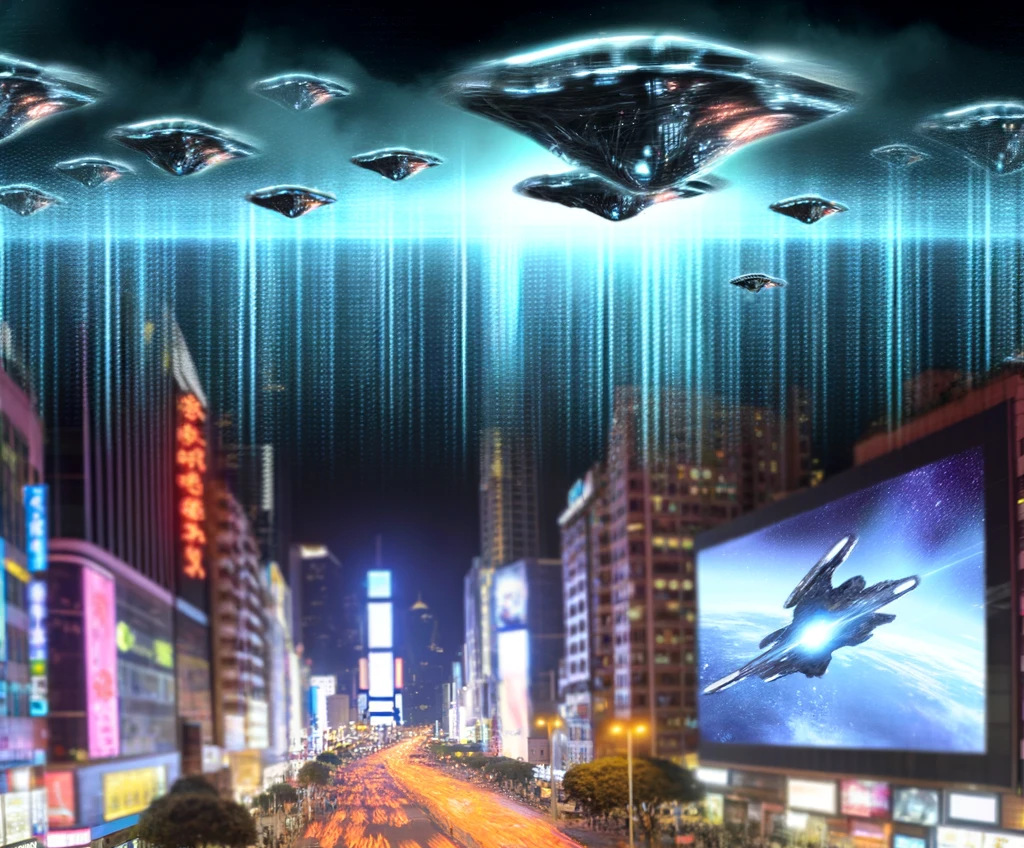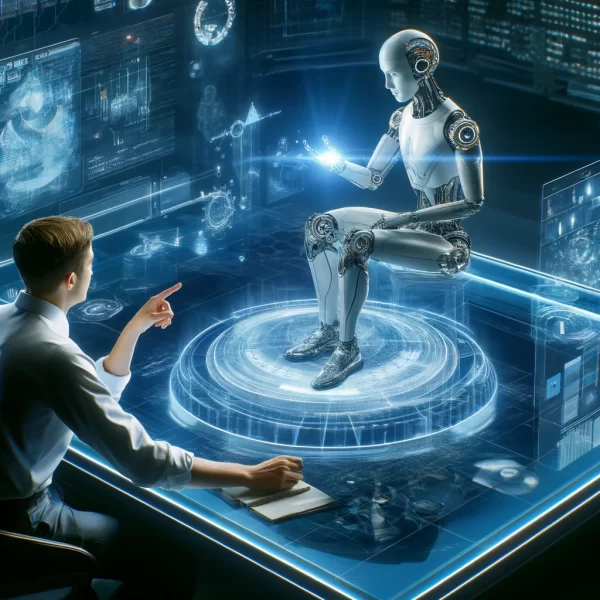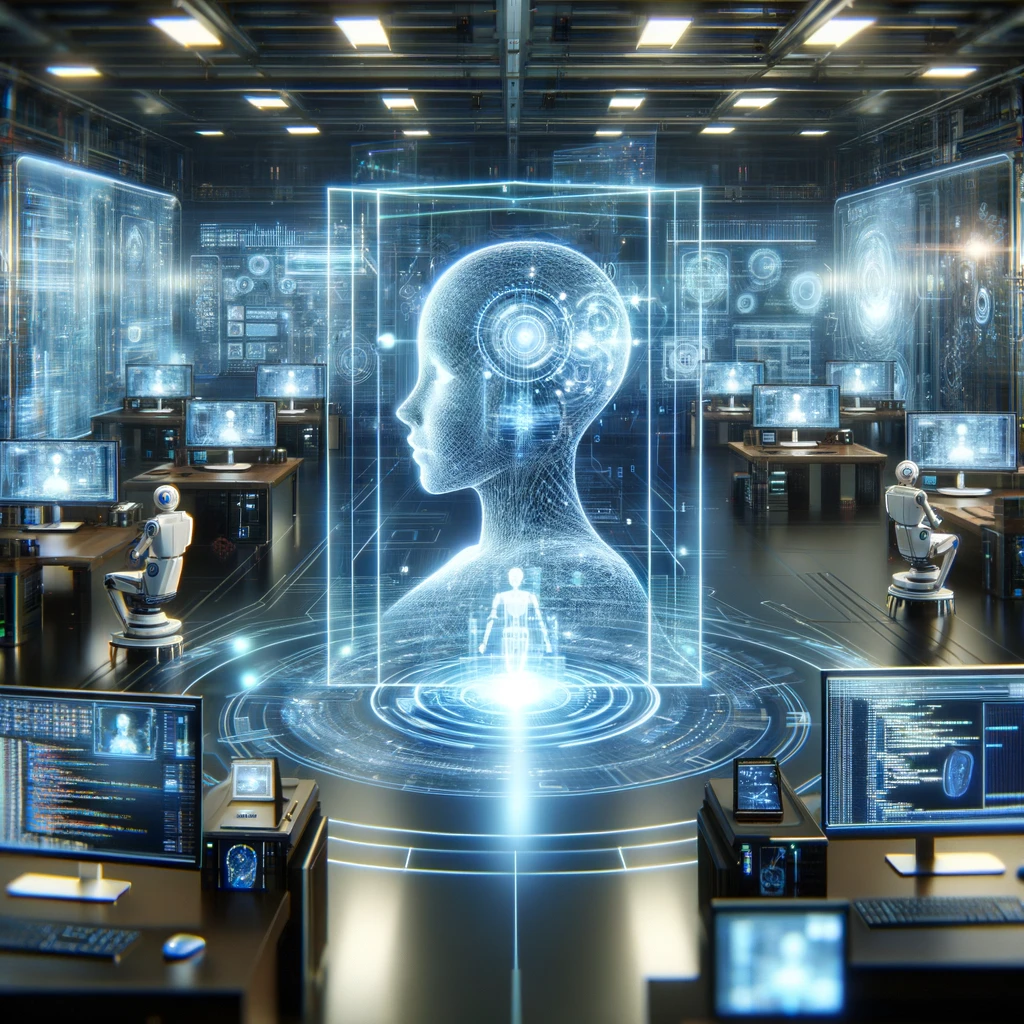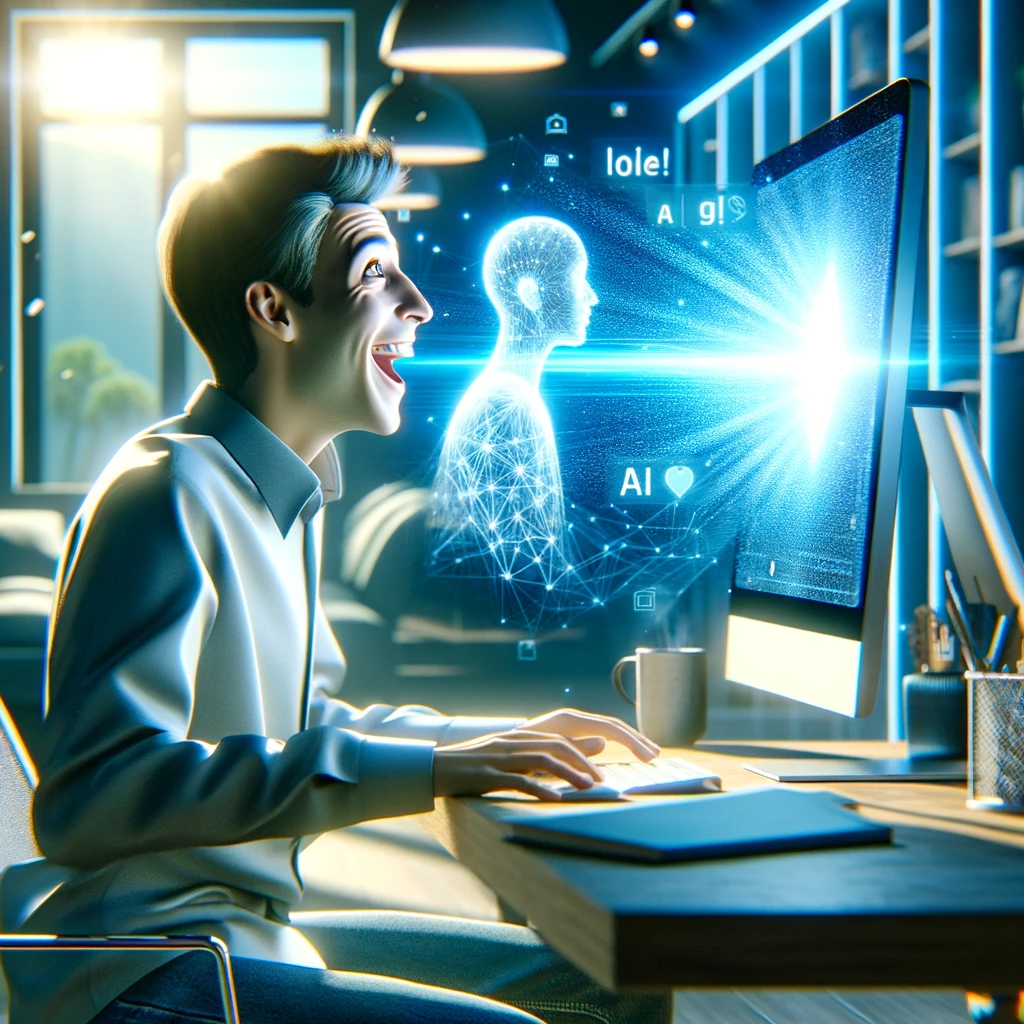Can AI Be Used to Stage Fake Events?
Yes, AI can be used to stage fake events, although it’s important to clarify that AI itself doesn’t have intentions or motives. Rather, it’s the individuals or groups who utilize AI technology to create and disseminate fake events for various purposes. Here’s how AI can be involved in staging fake events:
- Deepfake Technology: One of the most concerning ways AI can be used to stage fake events is through the creation of deepfake videos. Deepfake technology employs AI algorithms to manipulate or superimpose images and videos onto existing footage, creating highly realistic yet fabricated content. This can be used to stage fake speeches, interviews, or events involving public figures, leading to misinformation, election interference, and public confusion.
- AI-Generated Text and Audio: AI algorithms can also be used to generate fake text and audio content that mimic the style and tone of real individuals. By training language models on large datasets of human speech and writing, AI can produce convincing replicas of someone’s voice or writing style. This can be utilized to fabricate quotes, messages, or recordings to support false narratives or deceive the public.
- Virtual Reality (VR) Simulations: AI-driven virtual reality simulations can create immersive experiences that mimic real-world events or scenarios. By combining AI with VR technology, individuals or groups can stage fake events that appear lifelike and convincing. This could include simulating political rallies, protests, or disasters to manipulate public opinion or incite unrest. Even an event such as an “alien invasion” could believably be faked by AI.
- Social Media Manipulation: AI algorithms can amplify fake events by manipulating social media platforms to spread misinformation and false narratives. Bots and automated accounts can be programmed to share, like, and comment on fake content, giving it the appearance of widespread support and legitimacy. This can lead to the viral spread of fake events and exacerbate their impact on public perception.
- Algorithmic Recommendation Systems: AI-powered recommendation systems used by online platforms can inadvertently promote fake events by amplifying their visibility to users. If fake content garners enough engagement or shares, algorithms may prioritize it in users’ feeds, leading to further dissemination and amplification. This phenomenon can contribute to the viral spread of fake events and their normalization in the digital ecosystem.
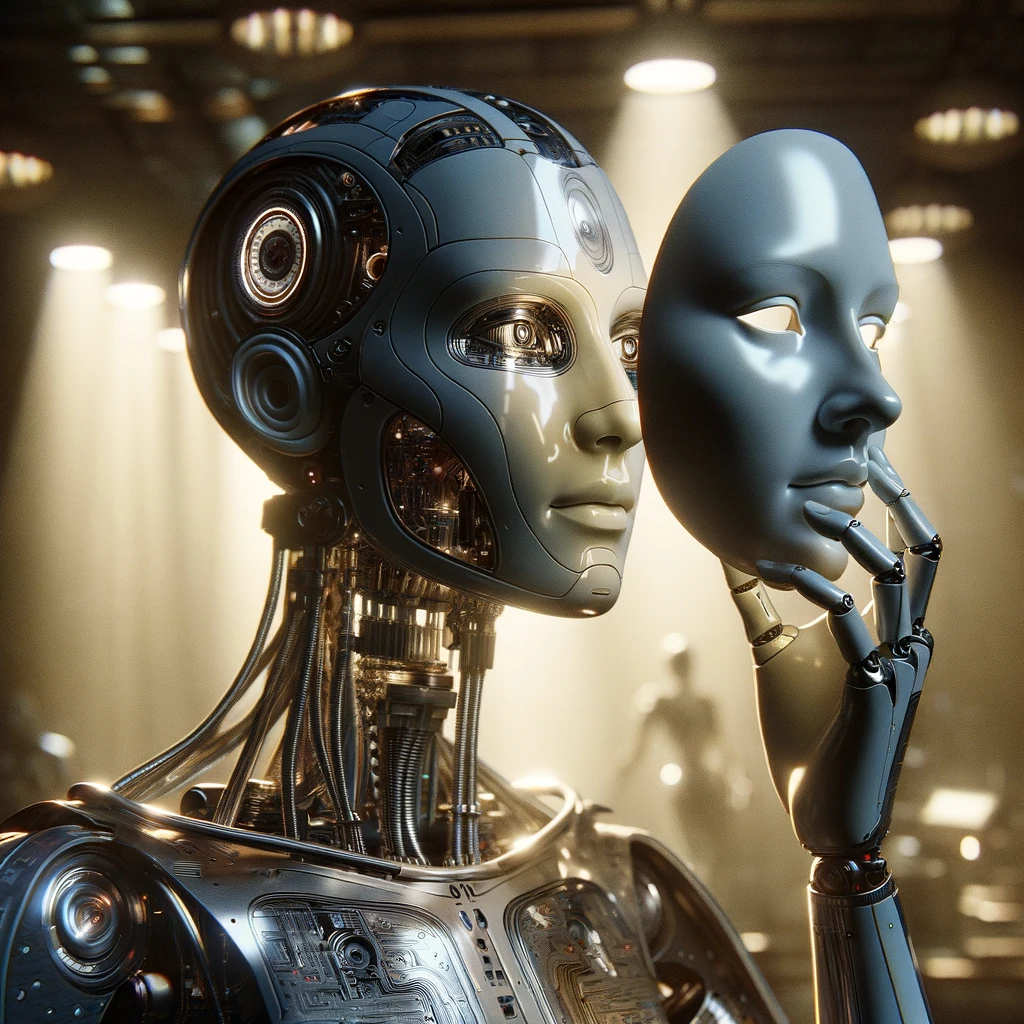
It’s essential to recognize the potential risks associated with the use of AI to stage fake events and to remain vigilant against misinformation and manipulation. Efforts to combat the spread of fake events should involve a combination of technological solutions, regulatory measures, media literacy education, and critical thinking. By promoting transparency, accountability, and ethical AI practices, we can mitigate the impact of fake events and safeguard the integrity of public discourse and democratic processes.
Want to learn more? Schedule a free consultation!







